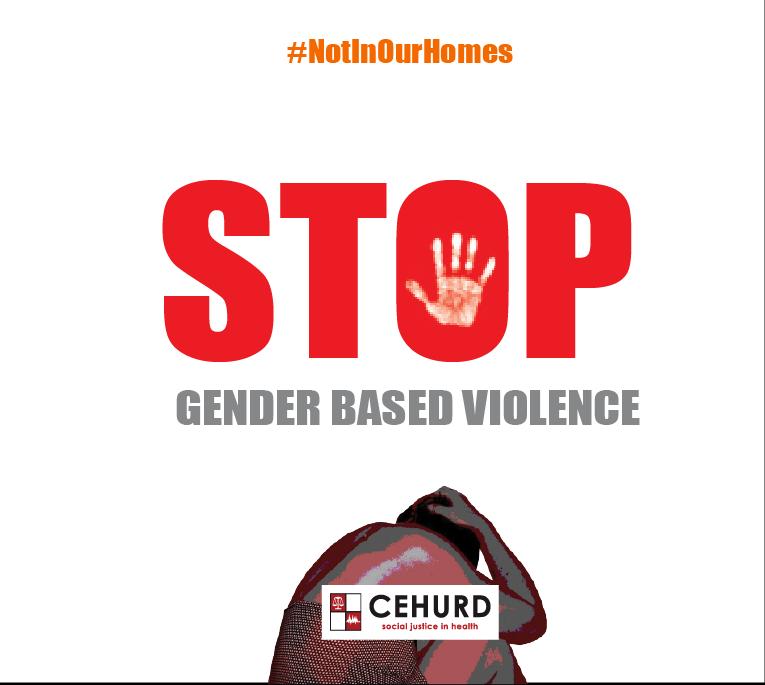By Nakalembe Judith Suzan
As the COVID 19 pandemic furies around the world, Gender based violence drives high and women and girls are more vulnerable to abuse than ever. This has had serious consequences for women’s health since the pandemic has disrupted access to sexual and reproductive health and gender-based violence services at a time when women and girls need these services most”.[1]
Health care systems have been forced to channel all of their resources to combat the epidemic since it is perceived to be more pressing, despite the persistent need for adequate family planning, menstrual health resources, maternal care and protection of women form violence.
Movement restriction and lockdown while helpful in stopping the spread of the novel coronal virus has left women in abusive relationships trapped at home during the lockdown with the abuser, women usually use the gap of free movement time they need to escape the house, but the possibility of being locked up with the abuser for hours is something that should worry us all[2]
Pregnant women who need antenatal care are unsure whether to attend a clinic while some expectant mothers have been reported to have delivered by the road side others have lost their lives due to minimal and uncertain availability of transport means to health facilities.
The president of Uganda regulated movement of persons and vested the powers of authorization to the Resident City Commissioners (RCC) Resident District Commander (RDCs) and sub county chiefs for all those seeking medical care including expectant mothers whose condition often require emergency health care.
As the country has closed schools and set travel restrictions in the wake of the corona virus pandemic, women are facing the burden of balancing childcare and having to sleep at work places as per the presidential directive, let alone full filling other marital obligations as married women. Few men will let their wives sleep out of their home, an act that has triggered gender based violence and those who have persisted to go back home have been caught up by the curfew hours and ended up being flogged by security personals.
As CEHURD, we therefore call for an effective response to the pandemics needs to really look at gender dynamics in a meaningful way, as the pandemic is compounding existing gender inequalities, and increasing risks of gender-based violence.
- The protection and promotion of the rights of women and girls should be prioritized. While listing the essential services the president did not priorities legal and psychosocial services for survivors of gender based violence. Government needs to prioritize services for the prevention and response and mitigate the consequences of all forms of violence against women and girls.
- Ensure that access to sexual and reproductive health services including contraceptive services is maintained, with special attention to women particularly in the context of self-isolation, when levels of intimate partner violence upsurge especially when families are placed under increased stress and relations are forced to live in confined spaces.[3]
- We are also calling for priority testing of pregnant women with COVID-19 symptoms, isolation of pregnancy wards from confirmed COVID-19 cases, an elevation of care for any pregnant women with respiratory illnesses, and extra care for all women in delivery, in case breathing complications should arise
[1] https://www.weforum.org/agenda/2020/04/covid-19-coronavirus-pandemic-hit-women-harder-than-men/
The Author is a Programme Officer at
CENTER FOR HEALTH HUMAN RIGHTS AND
DEVELOPMENT.

